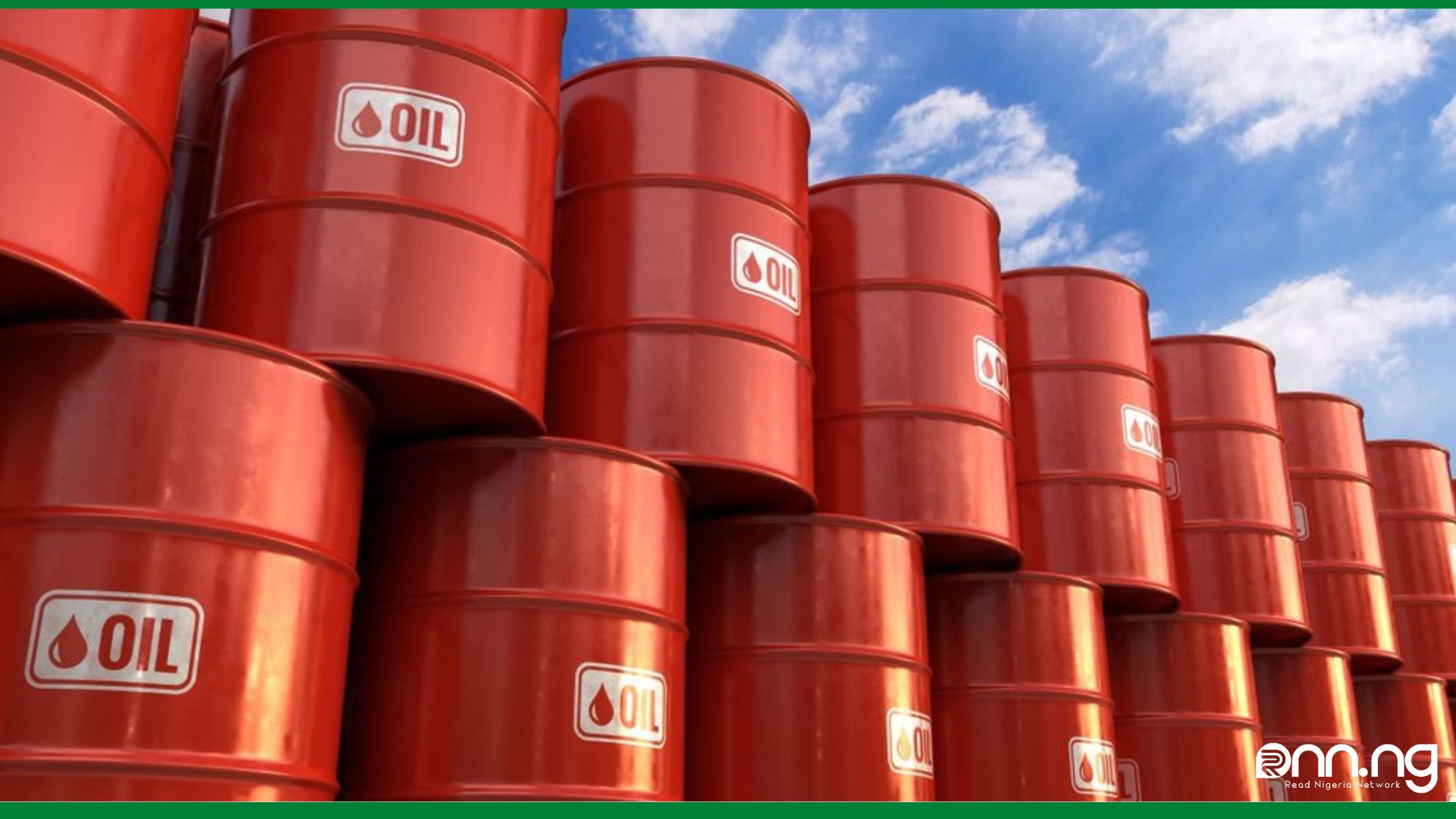Business News
Oil prices rebound significantly as major US pipeline is shut
The stoppage of the pipeline seems to have contributed to the rise in oil prices, along with encouraging signs from China, where a relaxation…

An interruption on a major US pipeline and hope for the recovery of the Chinese economy has caused prices of crude oil to rise, ending a 4-day decline.
According to Oilprice.com, American WTI increased by more than 4% on Thursday to trade at roughly $75 per barrel, while Brent crude increased by more than 1% to trade at $77.97 per barrel.
Despite the recent price cap by the G7 nations, oil prices had dropped to their lowest point of the year on Wednesday morning. This indicated the gloomy feeling in the oil market.
The Keystone oil pipeline, which can transport over 600,000 barrels of crude per day from Canada into the US, suspended operations as a result of a spill into a stream, according to a report by Bloomberg. Its relaunch was not assigned a timetable.
The stoppage of the pipeline seems to have contributed to the rise in oil prices, along with encouraging signs from China, where a relaxation of the Covid-19 limitations has boosted the likelihood that demand will increase.
unfavorable perceptions of the oil market
Despite the recent price cap, the oil market has been negative this month, while some analysts claim that the fall is limited because the fundamentals are positive and there aren’t any significant bearish catalysts on the horizon.
As central banks tighten monetary policy and the macroeconomic outlook deteriorates, the falling oil prices have completely eliminated this year’s formerly significant gains. The rate of the current selloff has caused the global Brent benchmark to become oversold, which is a warning that the market route may be coming to an end.
China, the biggest importer of crude oil, faced protests over its harsh regulations as part of its response to the renewed Covid-19 epidemic, but it now seems to have softened its stance in order to speed the opening up of the economy.
READ MORE: Nigerian experts now dominate Nigeria’s oil and gas industry – NCDMB
Although there has been a rising backlog of oil tankers near the Turkish Straits as a result of an insurance dispute that delayed some boats from passing through the country’s seas, the sanctions on Russian crude have so far had minimal effect on the market.
As Turkey threatened to remove ships without insurance certificates from Turkish seas, the impasse intensified on Thursday.
Prior to the measure’s implementation, oil traders had been nervously awaiting to see how the market would be impacted by the price cap on Russian oil.
The new policy went into force earlier this week after the Group of Seven decided to set a $60 per barrel price ceiling, despite repeated promises from Russia not to sell any oil to nations taking part in the price capping.
